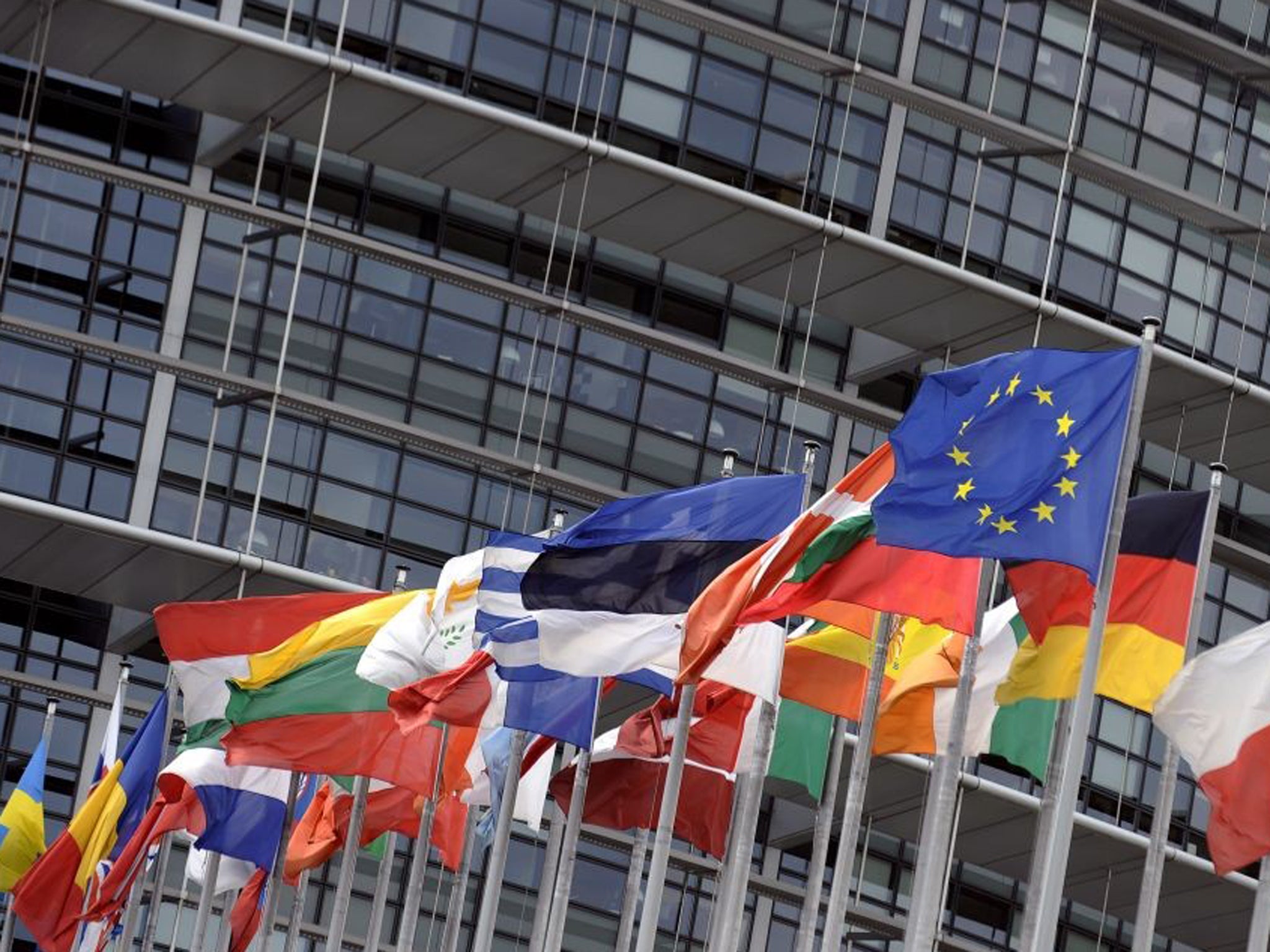In the EU, a better deal need not only be for Britain
Flexibility is the key to a competitive and prosperous union

Your support helps us to tell the story
From reproductive rights to climate change to Big Tech, The Independent is on the ground when the story is developing. Whether it's investigating the financials of Elon Musk's pro-Trump PAC or producing our latest documentary, 'The A Word', which shines a light on the American women fighting for reproductive rights, we know how important it is to parse out the facts from the messaging.
At such a critical moment in US history, we need reporters on the ground. Your donation allows us to keep sending journalists to speak to both sides of the story.
The Independent is trusted by Americans across the entire political spectrum. And unlike many other quality news outlets, we choose not to lock Americans out of our reporting and analysis with paywalls. We believe quality journalism should be available to everyone, paid for by those who can afford it.
Your support makes all the difference.The European integration project is supposedly always changing, and always evolving. To survive and indeed thrive, with Britain inside, the EU needs a far greater degree of flexibility to be able to react and respond to challenges as they arise. These are not limited to challenges of the ad hoc economic sort, but crises of a more fundamental and deep-rooted psychological nature as well. José Barroso, President of the European Commission, insisted earlier this month that the euro's existential crisis was now over, a debatable assertion in itself, but the far bigger question of the 'European dream' and its future lie at a crucial crossroads.
Public support for the Union is at an all-time low across Europe, and the EU institutions must know that to proceed further down the path of integration, they are not only going to have to take the people of Europe with them but demonstrate a commitment to change that all of its constituent parts can get behind. That means embracing those who have grown disillusioned with the inexorable attachment to 'one-size-fits-all', understanding that there is not a single European demos, and adjusting to reflect these realities. And so Peter Mandelson would do well to realise that Britain is not starting from a point of inward-looking self-interest nor artificially generating debate, but wanting to engage in discussions already underway on a number of shared European concerns.
To get on with the "real debate" about Britain's relationship with Europe, we have to leave behind the fixation on some of the buzzwords in this area which threatens to eclipse the discussions altogether. Many fastidiously pro-EU types such as Lord Mandelson are instantly hostile to the kind of reform proffered by critical voices simply because the words 'repatriation' and 'renegotiation' are being floated. They use them as fault lines of division to set themselves apart, insisting these terms belie a desire to seek special treatment for Britain with not a shred of interest in change to the EU as a whole. Yet it is this either-or, black-and-white approach, an insistence that the interests of Britain and the interests of the EU are somehow mutually exclusive, which polarises the debate even further.
The responsibility of ensuring these discussions over our future in Europe proceed in a productive manner doesn't of course just lie on the shoulders of Mandelson and co. It's incumbent upon those who call for change to articulate a positive vision for a new relationship with a fundamentally reformed European Union. Thankfully, that process is well under way already. The Prime Minister is taking this case to countries across the continent, and key players such as Germany have already affirmed their willingness to talk about moving powers back to the member states where it benefits Britain and indeed Europe as a whole.
It is now the likes of Peter Mandelson who should consider what consequences their resistance to change could have. Forcing more Europe on those who don't want it, or as he phrases it "cementing European political unity", is a solution that bears no regard to the realities of the existential crisis facing the EU today. Political ideology must not trump democracy and economic reality at this crucial juncture. Flexibility is the key to a competitive and prosperous EU, and refusing to entertain this change is a surefire way to see Britain drift towards the door.
Allie Renison is Research Director of @forbritain - the campaign to renegotiate Britain’s relationship with the EU www.BusinessforBritain.org
Join our commenting forum
Join thought-provoking conversations, follow other Independent readers and see their replies
Comments